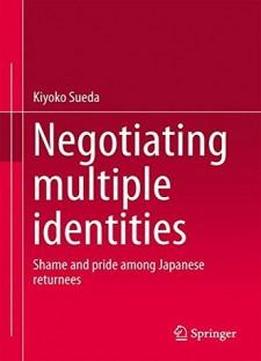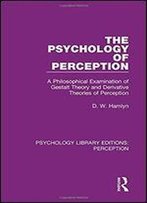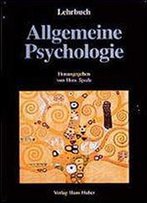
Negotiating Multiple Identities: Shame And Pride Among Japanese Returnees
by Kiyoko Sueda /
2014 / English / PDF
3.3 MB Download
This book uses a post-modern approach to explore how Japanese
returnee students (
This book uses a post-modern approach to explore how Japanese
returnee students (kikokushijo
kikokushijo) and former returnees who
work in Japanese industry, negotiate multiple identities.
Methodological triangulation is used to study inner perception of
face, emotional state and the dynamics of negotiating
multiple-layering of identities. The work considers the
relationship between face and identities, and the function of the
affective aspects of face, shame and pride in identity
negotiation.
) and former returnees who
work in Japanese industry, negotiate multiple identities.
Methodological triangulation is used to study inner perception of
face, emotional state and the dynamics of negotiating
multiple-layering of identities. The work considers the
relationship between face and identities, and the function of the
affective aspects of face, shame and pride in identity
negotiation.
Readers will discover how Japanese returnees deal with shame and
pride in face-threatening or face-promoting situations that
affect their identity negotiation. Many such returnees stayed
abroad because of their parents’ jobs and the author explores
variations among them, in terms of how they identify with their
identity as a returnee. We discover how there are multiple levels
of identities instead of ‘identity’ as a singular.
Readers will discover how Japanese returnees deal with shame and
pride in face-threatening or face-promoting situations that
affect their identity negotiation. Many such returnees stayed
abroad because of their parents’ jobs and the author explores
variations among them, in terms of how they identify with their
identity as a returnee. We discover how there are multiple levels
of identities instead of ‘identity’ as a singular.
Two phases of research, carried out across ten years and
involving some participants in both phases, are explored in this
work. Although the participants in the research are Japanese
returnees, the findings drawn from the study have implications
for others who spend an extensive period of time overseas, who
migrate from one place to another or who have multiple cultural
backgrounds.
Two phases of research, carried out across ten years and
involving some participants in both phases, are explored in this
work. Although the participants in the research are Japanese
returnees, the findings drawn from the study have implications
for others who spend an extensive period of time overseas, who
migrate from one place to another or who have multiple cultural
backgrounds.
The book incorporates ideas from Western and Eastern literature
on intercultural communication, sociology and social psychology
and it blends both micro and macro analysis.
The book incorporates ideas from Western and Eastern literature
on intercultural communication, sociology and social psychology
and it blends both micro and macro analysis.
This book is recommended for scholars, educators, students and
practitioners who seek to understand better how people negotiate
their multiple identities in this globalising world.
This book is recommended for scholars, educators, students and
practitioners who seek to understand better how people negotiate
their multiple identities in this globalising world.











